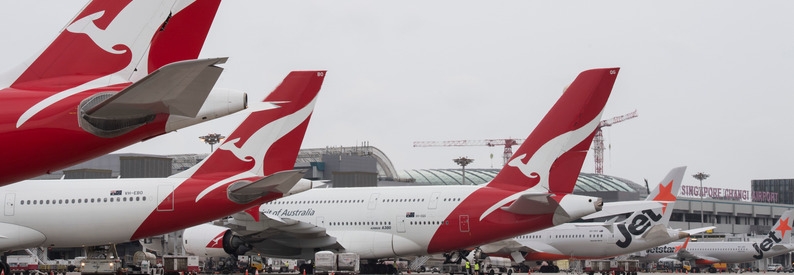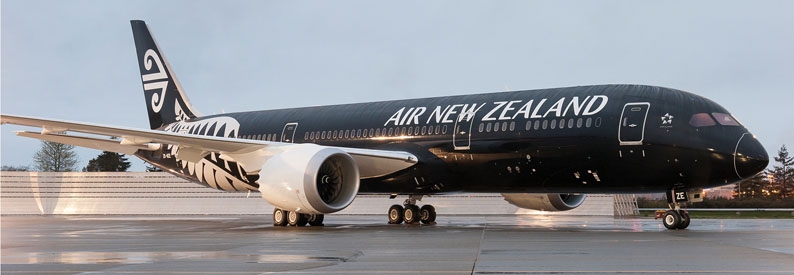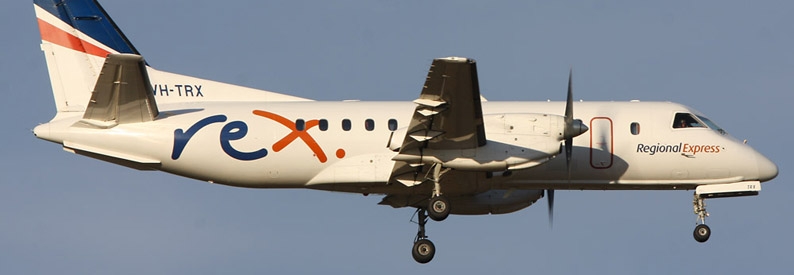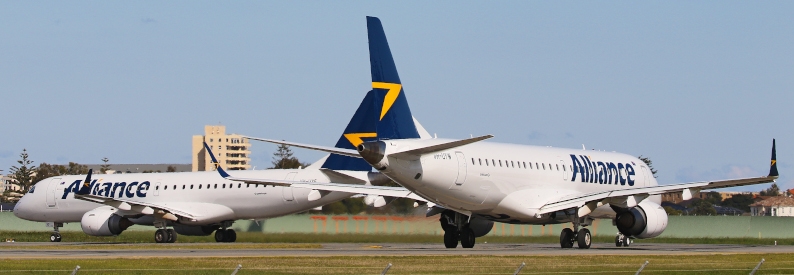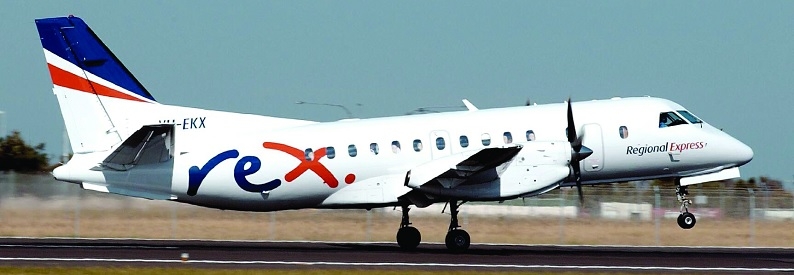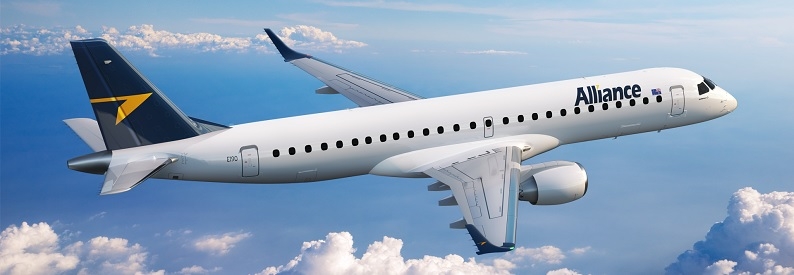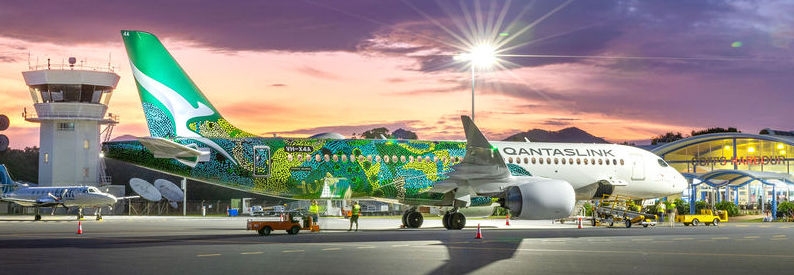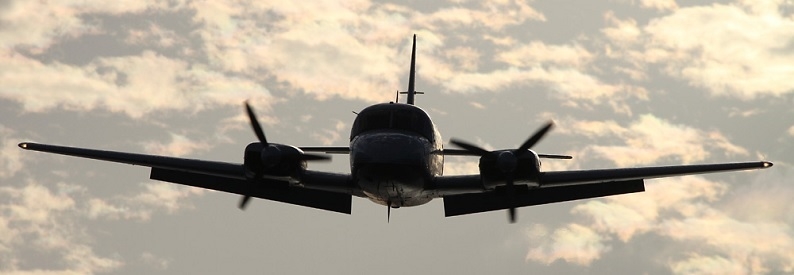After 15 years as CEO of the Qantas Group, Alan Joyce has brought forward his departure by two months and will leave on September 5. His early departure was forced by a series of scandals embroiling the airline, including selling tickets on thousands of flights they had already cancelled.
"In the last few weeks, the focus on Qantas and events of the past make it clear to me that the company needs to move ahead with its renewal as a priority.," said Joyce in a filing lodged with the Australian Stock Exchange (ASX) early on September 5. “The best thing I can do under these circumstances is to bring forward my retirement and hand over to Vanessa Hudson and the new management team now, knowing they will do an excellent job."
Hudson, formerly the well-regarded chief financial officer at Qantas (QF, Sydney Kingsford Smith), will take on the CEO's role from September 6. During an August 24 analyst's briefing, Hudson said the Qantas Group has been "blessed as an organisation" to have Joyce at the helm.
"You have been our leader through what has probably been some of the most challenging times any global airline CEO has faced," she said. "Getting us through Covid has been an example of leadership at its best."
While the Ireland-born Joyce has always been a polarising figure in Australia and had a well-deserved reputation for playing hardball, especially in industrial relations matters, his exit, accompanied by the recently declared AUD1.74 billion Australian dollar (USD1.12 billion) FY2023 after-tax profit, was meant to be a high point.
Instead, Joyce departs mired in controversy that stems back to the pandemic. Most recently, Qantas was forced to back down on a December deadline that would have seen it keep around AUD500 million (USD323 million) in unclaimed flight credits from cancellations from that time. It has also emerged that Qantas continued to sell tickets on thousands of flights for extended periods after cancelling them but not posting notice of those cancellations. The airline's role in blocking Qatar Airways (QR, Doha Hamad International) from accessing extra rights to land at major Australian airports is also under scrutiny. In recent weeks, there has been intense media scrutiny and public backlash against Qantas, the way it has behaved, and its CEO.
Last week, it was also revealed that Joyce would collect AUD10.8 million (USD6.98 million) in shares after meeting profitability targets. Shareholders will also be asked to approve a short-term bonus of AUD4.3 million (USD2.78 million) and a further AUD8 million (USD5.17 million) in shares at the Qantas AGM in November. However, several institutional investors, dismayed at the reputational damage to the airline and its impact on the share price, are pushing back on this. Joyce's base salary is AUD2.2 million (USD1.42 million).
While Joyce is taking the fall for the airline's misconduct, rumblings about the board, led by chairman Richard Goyder, are also slowly gathering steam. Specifically, investors and analysts are asking what the board was doing and what kind of oversight it maintained over the past few years. In addition to Goyder and Joyce, the Qantas Group board is comprised of Maxine Brenner (board member since 2013), Jacqueline Hey (board member since 2013), Belinda Hutchinson (board member since 2018), Michael L'Estrange (board member since 2016), Todd Sampson (board member since 2015), Antony Tyler (board member since 2018), and ex-American Airlines (AA, Dallas/Fort Worth) CEO Doug Parker (board member since May). As a new arrival, Parker may emerge as the only board member to escape the wrath of investors.
- Type
- Base
- Aircraft
- Destinations
- Routes
- Daily Flights

